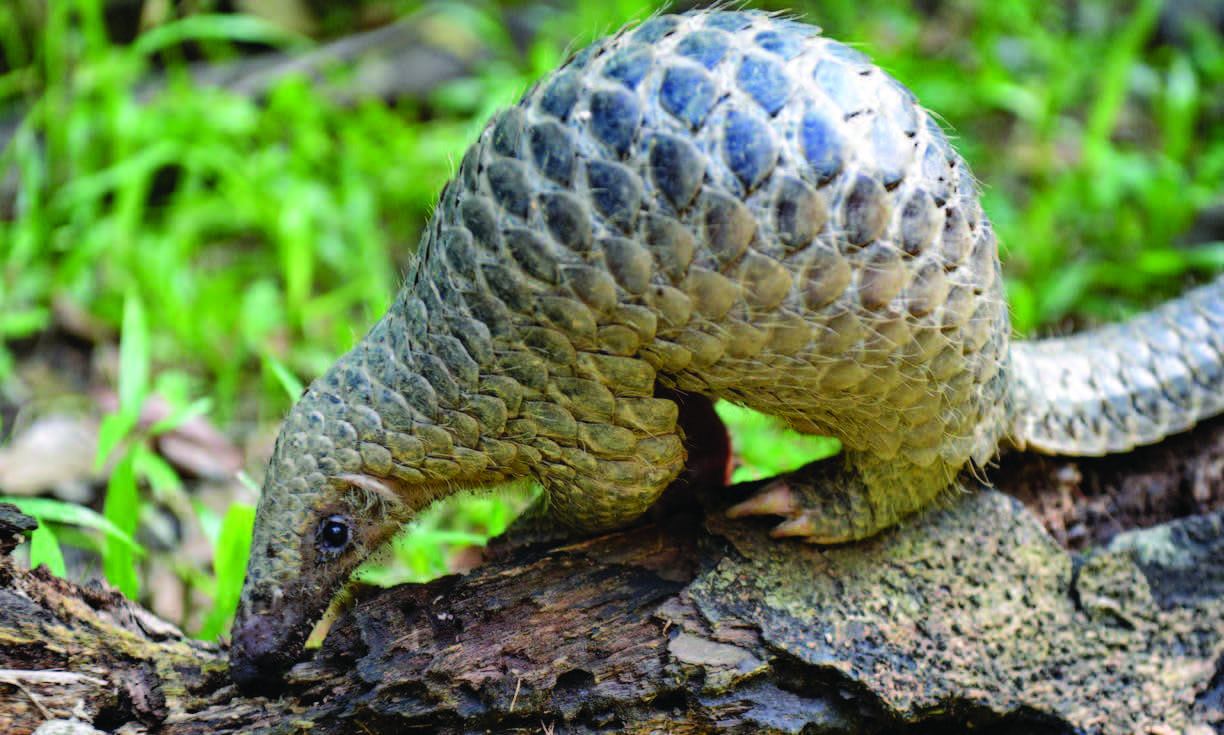9 February
WHO is convening a global research and innovation forum to mobilize international action in response to the new coronavirus (2019-nCoV). "Harnessing the power of science is critical for bringing this outbreak under control," said WHO Director-General Dr Tedros Adhanom Ghebreyesus.
“There are questions we need answers to, and tools we need developed as quickly as possible. WHO is playing an important coordinating role by bringing the scientific community together to identify research priorities and accelerate progress.”
The forum, to be held 11-12 February in Geneva, is organized in collaboration with the Global Research Collaboration for Infectious Disease Preparedness.
The forum will bring together key players including leading scientists as well as public health agencies, ministries of health and research funders pursuing 2019-nCoV critical animal health and public health research and the development of vaccines, therapeutics and diagnostics, among other innovations.
Participants will discuss several areas of research, including identifying the source of the virus as well as sharing of biological samples and genetic sequences.
Experts will build on existing SARS and MERS coronavirus research and identify knowledge gaps and research priorities in order to accelerate scientific information and medical products most needed to minimize the impact of the 2019-nCoV outbreak.
The meeting is expected to produce a global research agenda for the new coronavirus, setting priorities and frameworks that can guide which projects are undertaken first. “Understanding the disease, its reservoirs, transmission and clinical severity and then developing effective counter-measures is critical for the control of the outbreak, to reduce deaths and minimize the economic impact,” said Dr. Soumya Swaminathan, WHO Chief Scientist.
This will also fast-track the development and evaluation of effective diagnostic tests, vaccines and medicines, while establishing mechanisms for affordable access to vulnerable populations and facilitating community engagement.
“The WHO R&D Blueprint is a global strategy and preparedness platform that drives coordinated development of drugs and vaccines before epidemics, and allows the rapid activation of R&D activities during epidemics.
It speeds up the availability of the diagnostics, vaccines and treatments and technologies that ultimately save lives,” added Dr Michael Ryan, Executive Director, WHO Health Emergencies Programme. Setting clear global research priorities for the novel coronavirus should lead to more efficient investments, high-quality research and synergies among global researchers.
Pangolins may have spread coronavirus Chinese researchers investigating the animal origin of the coronavirus outbreak in China have said that the endangered pangolin may be the “missing link” between bats and humans.
Bats are known carriers of the latest strain of the disease, which has infected at least 31,000 people and killed more than 630 worldwide, mostly in China where the outbreak started.
A genetic analysis showed that the strain of the virus currently spreading among humans was 96% identical to that found in bats.
But according to Arnaud Fontanet, from France’s Pasteur Institute, the disease did not jump straight from bats to humans. “We think there’s another animal that’s an intermediary,” he told AFP.
The Sars outbreak of 2002-3, involving a different strain of coronavirus, was transferred to humans by the civet, a small mammal whose meat is considered a delicacy in China.
Many animals are capable of transmitting viruses to other species, and nearly all strains of coronavirus contagious to humans originated in wildlife.
Several studies have shown that the bat-borne virus lacks the necessary hardware to latch onto human cell receptors. But it’s still not clear which animal is the missing link.
Fontanet believes the intermediary was “probably a mammal,” possibly belonging to the badger family.
After testing more than 1,000 samples from wild animals, scientists at the South China Agricultural University found that the genome sequences of viruses in pangolins to be 99% identical to those on coronavirus patients, the official Xinhua news agency reported.
REFERENCES WHO; AFP News and Feature stories Updates



